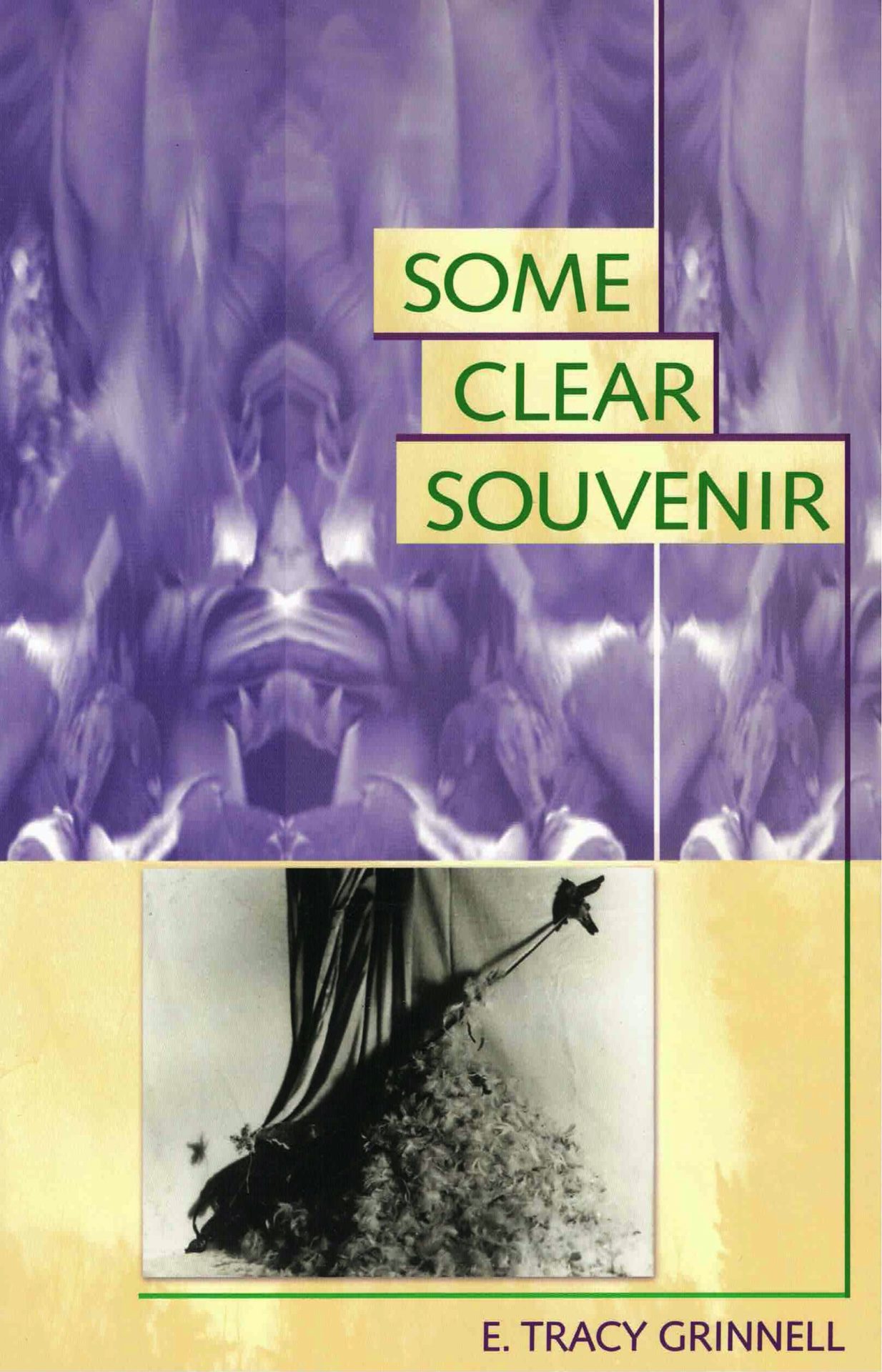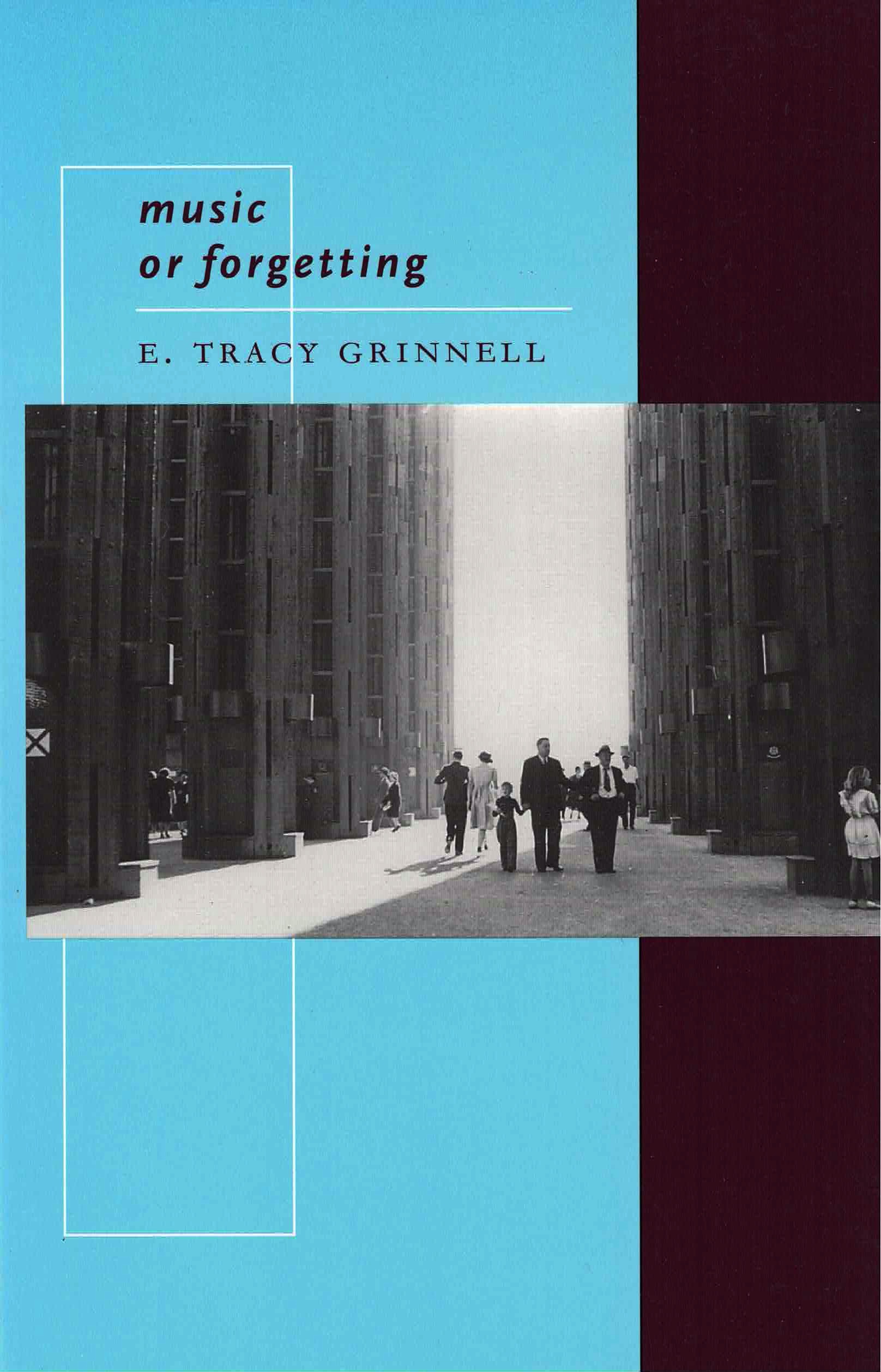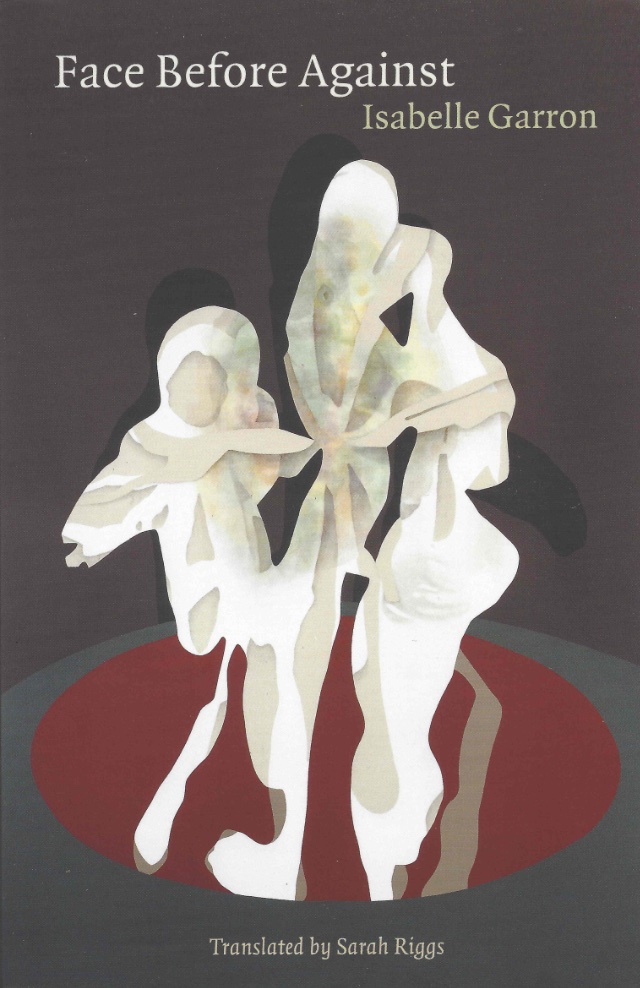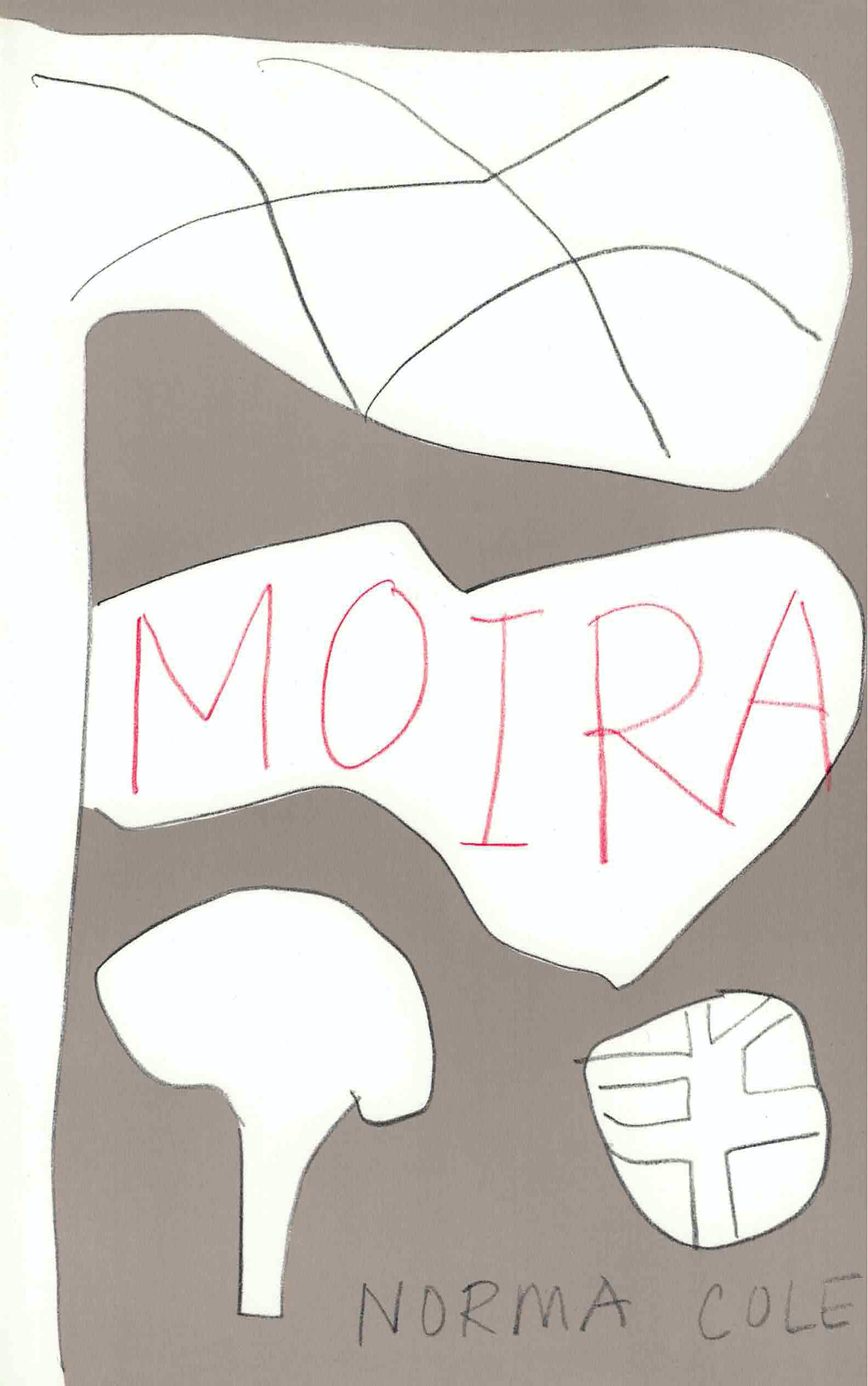Some Clear Souvenir is situated between intent and document, theory and experience. Bouncing between numbered “Clips” and “examples,” Grinnell’s carefully considered language straddles the hard edge the individual asserts over her shifting context. She is caught between subject/object, between background/foreground. She is as “stone complicates / the sand.” “I try / to feel / against / the elements.” — Diane Ward
E. Tracy Grinnell
Praise for Some Clear Souvenir
Presented as a set of thirty “clips” (often accompanied by one or two “examples”), this wonderful new series of poems by E. Tracy Grinnell has both a cinematic quality (the works proceed in frames and flickers) and something of the recurrent character of news cuttings. One can imagine the poems as phenomenal encapsulations; one can read them as captions of perception. But they also serve as temporal prompts; the observations they detail set time in motion. The confluence of effort, object, and moment that creates Some Clear Souvenir brings time into the frame before us, filling it with the present. This is a book of prolonged fleeting—a book of life.
Souvenir means literally “to come to mind” and so in a world where “nothing returns/only/accumulates” the souvenir is a delicious paradox—the experience of presentness, the lucid surprise of that. Tracy Grinnell’s intelligence as a poet brings one to one’s mind through words illuminated as much by the clarity of space that surrounds them as the way they cleave to a sensually enacted meaning. This is a radiant book.
It’s a delight to watch how, with exacting precision, E. Tracy Grinnell brings a world into being by observing the body and its relation to specifics: birds, faces, houses, words. In Grinnell’s world, every naming becomes a complex failure of communication, but one that allows us a glimpse of an otherwise impossible presence in the interstices of her quickly passing images. This is a crystalline book, the fruit of a relentless and compassionate intelligence.
Grinnell’s finely nuanced sense of form allows these sparse lyrics—each titled a “clip” or an “example”—to call out the “false life / made of categories,” precisely by parsing and plumbing the nearly vertiginous ways in which perceived, imagined, and remembered phenomena over- and underlap each other and the hard world they help constitute. In the end, this stark collection more than lives up to the promise of its winning title.
— Rick Snyder





In its persistent movement between “clip” and “example,” E. Tracy Grinnell’s Some Clear Souvenir enacts actuality as it is composed doubly by memory and perception in discrete historical self-experience. Language is a cinematic rack focus whereby the poem alternates between objects in the foreground and the back, memory and immediate data of consciousness, percept and essence… In Grinnell’s work the quest of a poetics is ultimately the question of actuality’s forms. I am reminded of George Oppen’s late-work—that poet of the “small words”—where space opens both in the poem’s horizon (at the level of line, and between words and phrases within individual lines) and the poem’s vertical axis (between lines and pages) to present thinking as it occurs in language.
— Thom Donovan, Wild Horses of Fire